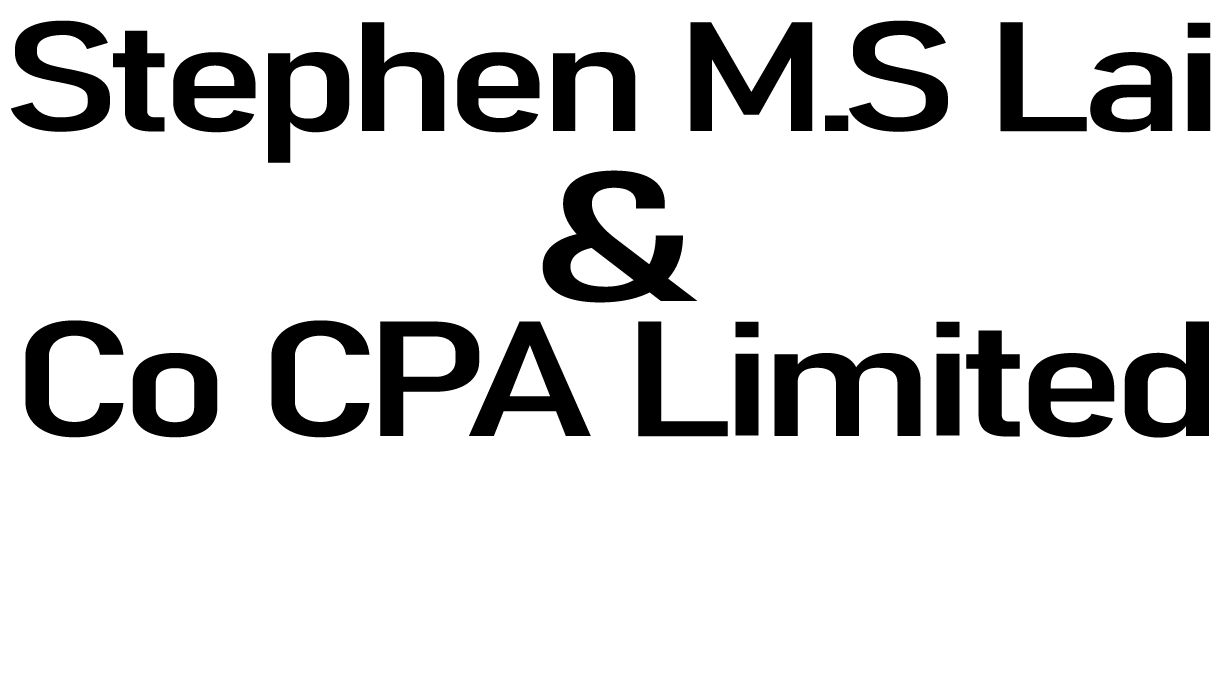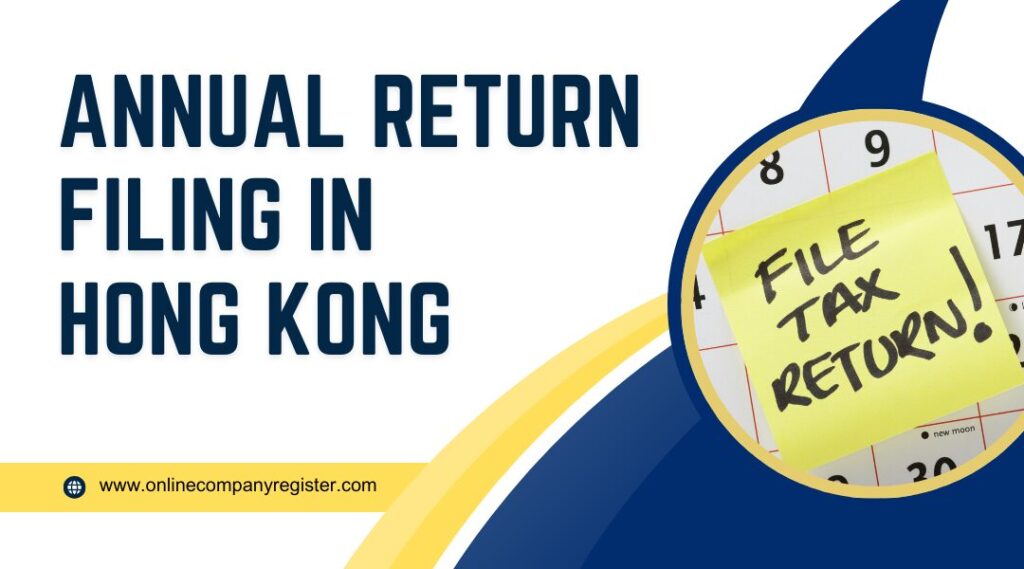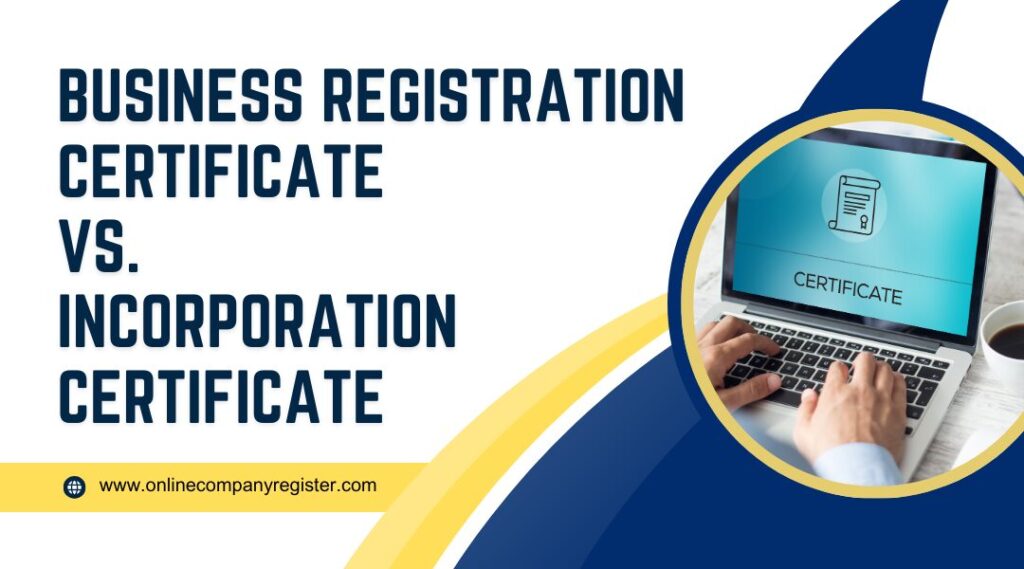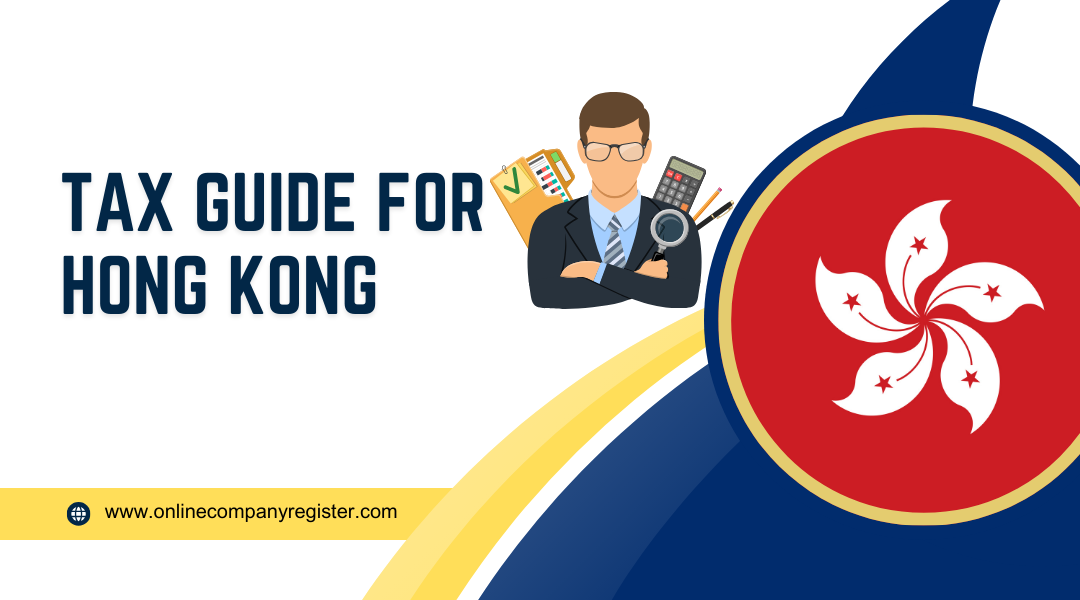Hong Kong has long been a global business hub, celebrated for its robust financial infrastructure and straightforward regulatory framework. The city is also renowned for its strong economic system, service economy, and clear, reasonable regulations that make doing business easy.
However, if you operate in Hong Kong, your business must comply with a long list of annual filing and compliance requirements. What are these? And how should you go about meeting them?
| Important! |
| Failing to comply can result in severe penalties and even legal entanglements, damaging your firm’s reputation and ability to operate. |
This article provides complete details on the required forms, signatories, etc. to meet the required deadlines. We’re looking at annual returns and financial statements from the standpoint of avoiding noncompliance.
A Quick Checklist for Annual Filing and Compliance Requirements for Hong Kong Companies
Here’s a simple checklist of important deadlines for Hong Kong company filings. Keeping this in mind will help ensure that your company stays compliant without the stress of last-minute rushes.
| Requirement | Deadline |
| Annual Return Submission | Within 42 days of the company’s incorporation |
| Profits Tax Return (PTR) | Depends on your company’s financial year-end |
| Business Registration Renewal | Annually, before the expiry date |
| Annual General Meeting (AGM) | Within 9 months after the accounting period ends |
| Company Details Update (e.g., address, directors) | Within 15 days of any change |
Detailed Overview of Annual Filing and Compliance Requirements
Running a business in Hong Kong means that you must comply with specific annual filing and compliance requirements to stay in good standing with the law and avoid incurring penalties. Here is a comprehensive overview of the leading legal requirements:
Annual Returns Submission
Every Hong Kong company must submit its Annual Return (Form NAR1) to the Companies Registry. This document updates information on directors, shareholders, and the company’s registered office. The Annual Return for private companies must be submitted within 42 days of incorporation.
Key Points:
- Late filing causes higher registration fees and potential penalties.
- Accurate information is crucial as it reflects the company’s compliance status in the public registry.
Maintenance of Financial Records and Auditing
Companies are supposed to have a proper and up-to-date accounting system that correctly depicts the company’s financial situation. These records should be:
- Maintained for at least seven years.
- Annually audited by a certified public accountant in Hong Kong.
The auditor’s report on the financial statements confirms that the information provided is enough and accurate. It makes sure the statements give a clear picture of the company’s financial health. This is done to meet legal tax requirements and build trust with stakeholders. Following HKFRS is a must.
Tax Filing Requirements
Every company must file a Profits Tax Return (PTR) with the Inland Revenue Department (IRD) annually. This submission includes:
- Audited financial statements.
- A tax computation detailing assessable profits or adjusted losses.
Timely filing is essential to avoid penalties. The deadlines depend on your company’s financial year-end, so meticulous planning is crucial.
Additional Compliance Considerations
Business Registration Renewal
Another crucial requirement is returning to the IRD to renew the Business Registration Certificate annually. It must be displayed at the company’s principal place of business. Fines are charged for non-renewal and may hamper business operations.
Annual General Meeting (AGM)
Hong Kong private companies must convene their Annual General Meeting (AGM) within nine months after their accounting reference period closes. The financial statements are discussed during the AGM, including key matters such as the approval of financial statements. There are exemptions available where certain companies do not need an AGM if they meet certain conditions.
Updating Company Information
Any changes in a company’s particulars, such as:
- Registered office address,
- Directors, or
- Company secretary,
Must be reported to the Companies Registry within 15 days. Timely updates ensure accurate public records and reflect a company’s commitment to compliance.
Consequences of Noncompliance
Noncompliance with Hong Kong’s annual filing and compliance requirements can lead to significant repercussions:
- Financial Penalties: Late submissions or inaccurate filings can cause fines.
- Legal Actions: The company and its officers may face legal challenges, including disqualification from directorship roles.
- Business Reputation: Noncompliance may tarnish a company’s credibility, affecting investor and stakeholder trust.
By understanding these consequences, businesses can prioritize compliance to safeguard their operations and reputation.
Best Practices for Ensuring Compliance
Staying compliant in Hong Kong’s regulatory environment requires strategic planning and proactive measures. Here are some best practices:
- Early Preparation: Start compiling documents well before deadlines to avoid last-minute rushes.
- Professional Assistance: Engage with corporate service providers or legal experts familiar with Hong Kong’s regulatory landscape.
- Leverage Technology: Use compliance software to track deadlines and manage submissions efficiently.
- Regular Updates: Stay informed about changes in laws or guidelines by subscribing to updates from the Companies Registry or Inland Revenue Department.
Final Thoughts
Annual filing and compliance requirements are a legal requirement in Hong Kong and serve as the foundation for conducting business with integrity. This paper outlines the steps you can take to ensure your company meets these obligations and avoids the consequences of noncompliance. Whether you’re an experienced entrepreneur or new to the Hong Kong market, understanding these requirements is essential for long-term success.




